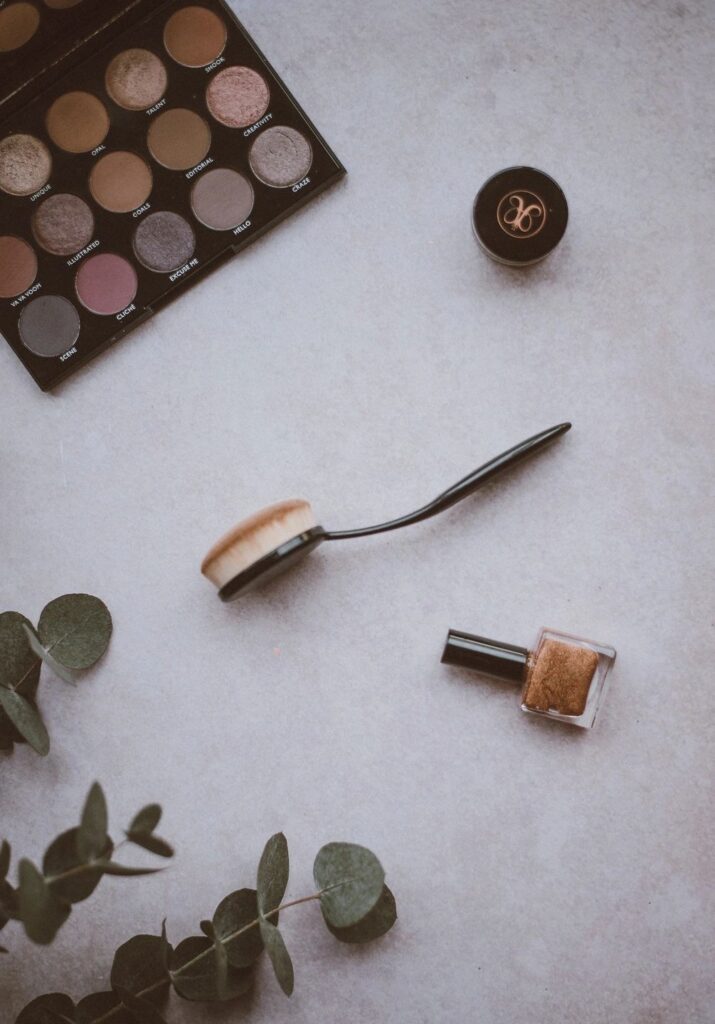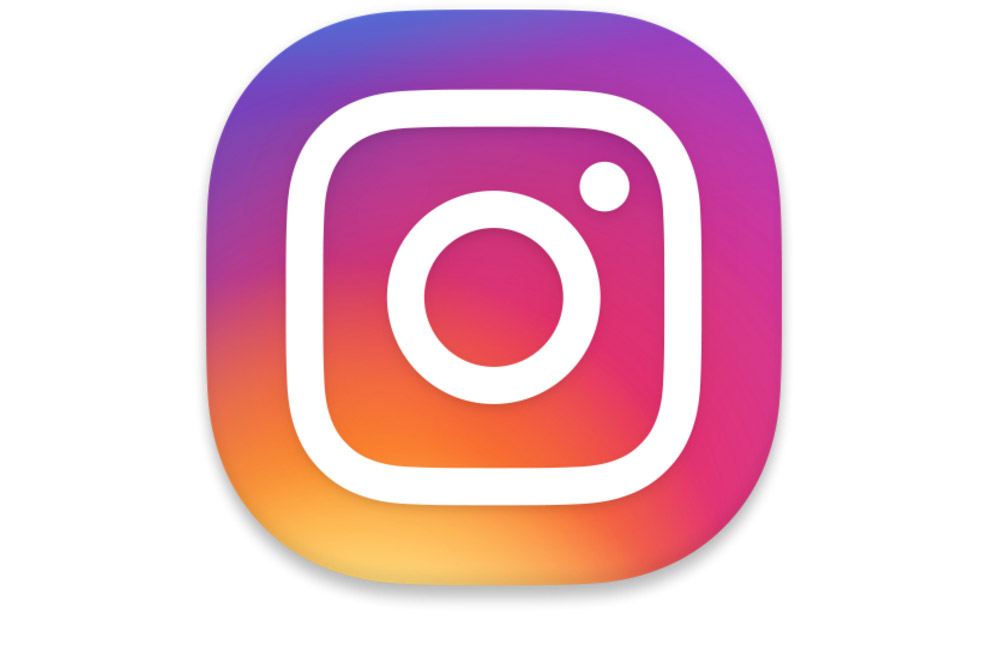
Once a woman becomes pregnant, certain personal care routines usually require a make over, such as discontinuing using hair dye and nail polish. These are the typical chemical culprits, however, when one takes a deeper dive, they realize that there is a number of ingredients in daily body care that should be avoided as well. The imminent questions are: “How important is it to use clean products during pregnancy?”, “What ingredients should be avoided?”, “Should you change your personal care products before trying to conceive?” and “Which products are considered safe?”. If you are questioning whether your shampoo, make-up, perfume, deodorant, face/body wash and lotion are safe to use, then you’ve come to the right place. Let’s explore why we must use caution when using personal care products before, during and after pregnancy.
Firstly, presence of chemicals or toxins in one’s body may affect fertility by negatively impacting hormones, egg quality and functioning of reproductive organs. According to the Government of Canada, roughly 16% or 1 in 6 couples in Canada experience infertility, this number has doubled since the 1980s. Secondly, it is now known that chemicals from the environment, food and personal care products can be transferred to the growing fetus in utero. A 2004 study commissioned by the Environmental Working Group found a total of 287 industrial chemicals and pollutants in the umbilical cord blood of new born babies. These chemicals included pesticides, food wrap coatings, by-products of plastic production, heavy metals, flame retardants, industrial and consumer product substances. Many of these are known to cause cancer, reproductive defects and cognitive development issues.
Environmental pollution is not a new concept, much of it enters our body through the air we breathe, the water that we drink and the food we eat. What is often overlooked are the products that we use in our daily lives, wash our hair with and apply on our skin. Some of the environmental chemical exposures we cannot escape, however we can most definitely control what we put in and, on our body. Here are some of the common ingredients found in cosmetics and body care that should be avoided: phthalates, parabens, sulfates, propylene glycol, methylene glycol, perfume or fragrance, oxybenzone, siloxanes, talc, PEG compounds, BHA and BHT. Did you know that the ingredient “fragrance” or “parfum” can be a concoction of up to 3,000 – 4,000 different chemicals? Many of these ingredients have been linked to cancer, hormone disruption and birth defects.
Our skin is the largest organ in our body and although it acts as a protective barrier, it is porous and has the ability to absorb substances quickly; some of these substances can travel directly into our bloodstream. Once absorbed, these chemicals bioaccumulate within fat tissue and organs, circulate within our system and eventually transfer from mother to child across the placenta and through breastmilk. This becomes our child’s toxic burden and will continue affecting their health, sometimes manifesting as eczema, allergies and behavioural issues. Often, the chemicals that are included in cosmetics and beauty care products are purposefully designed to penetrate our skin faster and help other ingredients become more absorbent. Our body is a magnificent, self healing system; however, it can have a hard time removing toxins when we are bombarded with numerous pollutants and chemicals on a daily basis. Therefore, consider “detoxifying” your beauty supply cabinet long before planning to start a family and definitely avoid toxic ingredients during pregnancy and breastfeeding. My rule of thumb is: if you can’t eat it, don’t apply it onto your skin. Some of the safest products are formulated with ingredients such as shea butter, cocoa butter, coconut oil, olive oil, jojoba oil, various herbs and other all-natural goodies. It is best to shop for all organic products, however sometimes they can be costly due to certification requirements. In addition, many of the natural products and herbal infusions cannot make health claims due to barriers placed by regulatory bodies. This does not mean that the products are not helpful for conditions such as acne or eczema, in fact natural herbal infusions may be some of the most effective products for these complaints. My favourite beauty care supplies are local and hand-made in small batches. I like knowing that the oils, herbs and other ingredients have been ethically sourced and organically grown, or even better – wildcrafted. Always do your research as some herbs may not be safe during pregnancy. You, your body and baby deserve the best!
